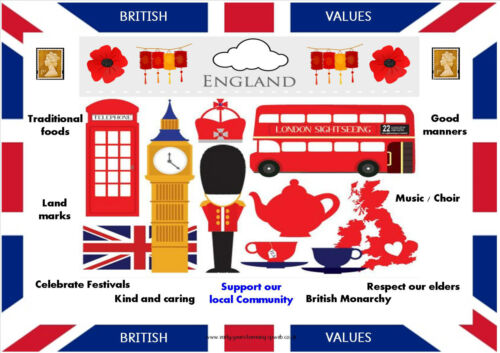What are values and why are they important?
Values are the principles, beliefs, and standards that guide our behavior and shape our perception of the world. They are often deeply ingrained and reflect our cultural, social, and personal backgrounds. Values influence our attitudes, decisions, and actions, and can have a significant impact on our lives.
Values are important because they provide us with a framework for making decisions, setting priorities, and establishing goals. They help us to determine what is important and meaningful to us, and to understand our own identity and purpose. When we have a clear set of values, we can make decisions that align with those values, which can lead to greater fulfillment and satisfaction in our lives.
Values can also help to create a sense of belonging and community. Shared values can bring people together and create a sense of shared purpose and identity. This can be particularly important in diverse societies, where people may have different cultural, religious, or social backgrounds.
Values can also have a significant impact on society as a whole. When people share common values, it can create a sense of social cohesion and stability. However, when values are in conflict, it can lead to social unrest and division.
It is really important to think carefully and design our own values so they are serving us.
What are modern British values?
British values are the principles and beliefs that are considered to be at the heart of British society. They include individual liberty, democracy, the rule of law, mutual respect, and tolerance. These are taught in schools, emphasized in media, and used as a framework for decision making.
I want to argue that our values are not serving us, and we need to incorporate a traditional British values:
What were British values in 1850?
In 1850, British values were different than they are today, reflecting the cultural and social norms of the time. Some of the key values during this period included the importance of social class, respect for authority and hierarchy, and a strong sense of duty and responsibility. Individualism and personal freedom were not as highly valued as they are today, and the emphasis was on duty to the family, community, and nation. Religious beliefs and morality were also considered to be important, and the influence of the Church of England was strong. Additionally, the Victorian era was characterized by a strong work ethic and a sense of discipline, self-control, and restraint. These values helped shape British society during this period and continue to have an impact on the country’s cultural heritage today.
I want to talk about a key value that was important before that is related to industriousness: innovation, exploration, efficiency, competition, capitalism, exceptionalism, and the will to win.
British values are an important aspect of the UK’s identity and success. To continue to thrive, the country needs to recognize and embrace its traditional values of innovation, exploration, efficiency, competition, capitalism, exceptionalism, and the will to win, with its sense of duty and social responsibility while also upholding modern values such as individual liberty, mutual respect, tolerance, and democracy. By doing so, the UK can become a leader once again and continue to make positive contributions to the world.
